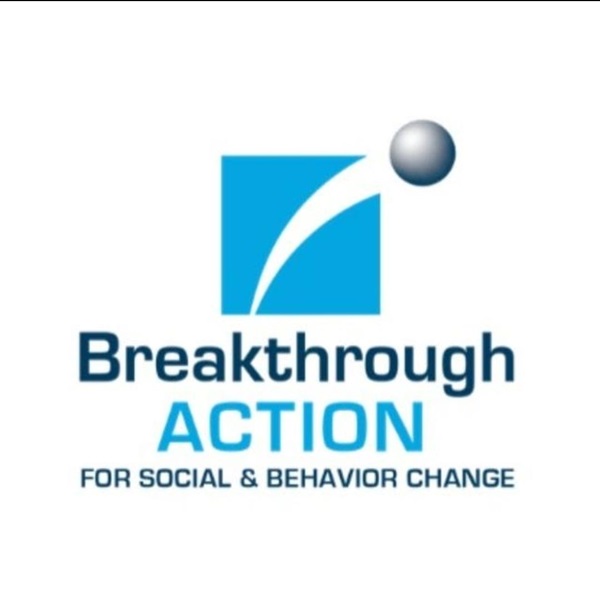
The Federal Ministry of Health has emphasised the critical need for continuous education and behavior change to enhance public health outcomes in Nigeria.
Director of family health in the ministry, Dr. Binyerem Ukaire made these remarks on Wednesday in Abuja during the Breakthrough ACTION Nigeria Learning and Transition event themed “Celebrating Successes, Consolidating Learning and Transitioning for Sustainability.”
Over the past seven years, Breakthrough ACTION has been USAID’s flagship Social and Behaviour Change Project globally. In Nigeria, the project has focused on improving the practice of priority health behaviors across various areas including maternal, newborn and child health (MNCH), family planning (FP), nutrition, malaria, tuberculosis, COVID-19 and priority zoonotic diseases (PZDs).
Ukaire underscored the collaborative efforts between Breakthrough and the Federal Ministry of Health while urging for sustained initiatives to enhance reproductive, maternal, newborn, child health and nutrition services across the country.
She emphasised, “Changing people’s behaviors, practices, and attitudes is indeed challenging, but it is achievable through serious efforts to improve their knowledge. Everyone aspires to be healthy, and often, the barriers to achieving this are rooted in ignorance.”
Ukaire also highlighted the significant strides made through the partnership between Breakthrough Action Nigeria and the Federal Ministry of Health, which includes training health officers at federal and state levels to ensure the sustainability of health projects.
“These efforts are crucial for achieving both national health targets and global goals such as the Sustainable Development Goals (SDGs) and Universal Health Coverage (UHC),” she added.
She stressed the importance of individuals taking responsibility for their health by stating, “Governments at all levels can provide support, but ultimately, individuals play a critical role in maintaining their health. It is essential for Nigerians to adopt healthy behaviors, take charge of their health, and reap the benefits.”
The director praised the advocacy work done to educate government leaders at various levels, the development of information, education and communication (IEC) materials, and the use of media to spread health messages.
“States must take ownership of these health initiatives to ensure the continuous improvement of public health,” she urged.
Furthermore, Ukaire called for ongoing education and consistent messaging to influence and reinforce positive health behaviors. She emphasised, “We must continue to educate our people, encourage them to embrace the right behaviors, and avoid conflicting messages from cultural or religious sources. It is vital to evaluate health messages and recognise their benefits for our well-being.”
She reiterated the importance of sustained efforts in health education and behavior change, supported by both government initiatives and individual responsibility, as essential for improving public health and achieving long-term health goals in Nigeria.
It is worth noting that Breakthrough ACTION Nigeria’s learning and transition health indices have been driven by many factors in Nigeria.
The public health approach of social and behaviour change identifies what individuals and communities believe and how they behave and then develops innovative strategies so they can adopt healthier behaviours and access vital health services.
Since commencing its work in Nigeria, the project has used a multifaceted approach, including mass media, community outreach, and user-driven social media campaigns, to inspire long-lasting change.
These efforts resulted in positive changes across several health areas including reproductive, maternal, newborn, and child health, nutrition, and malaria, tuberculosis and COVID-19 vaccine uptake.
Among countless other findings, Breakthrough ACTION found that women who participated in community activities were significantly more likely to practice multiple preventive behaviours compared to women who did not participate. These include attending at least four ante-natal visits during pregnancy, delivering in the safety of a health facility, exclusively breastfeeding, consuming a diverse diet and receiving preventive malaria medication at least three times during pregnancy.

